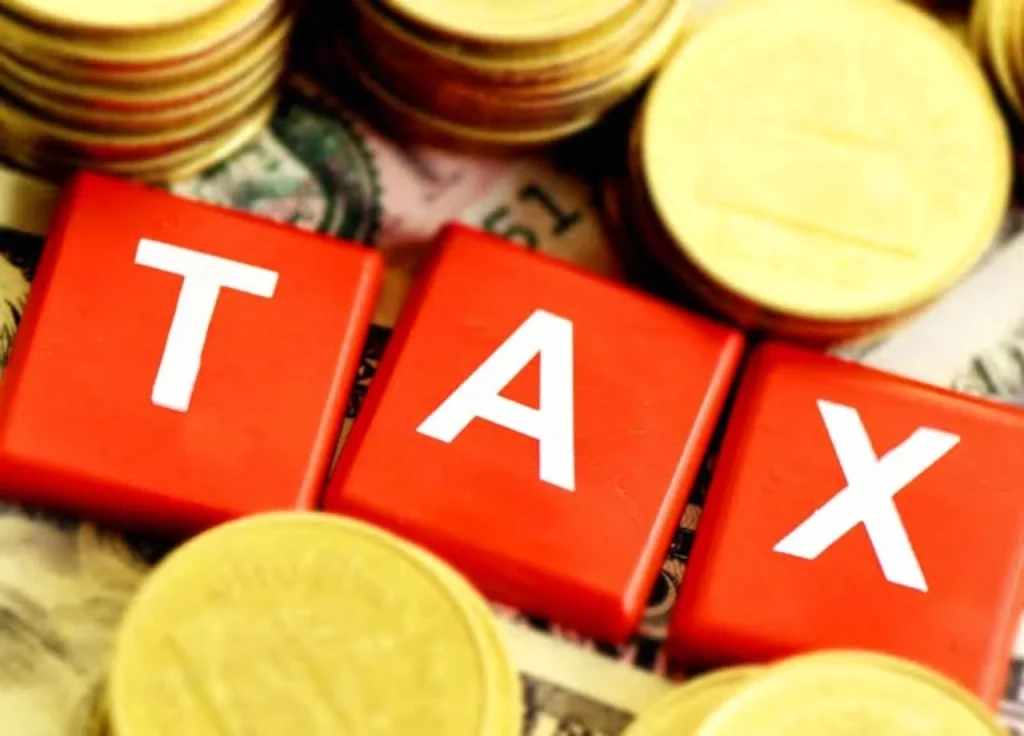As 2023 comes to an end, Rwanda’s education sector has undergone remarkable transformations. From pioneering technical programs to innovative examination methods, these changes have bolstered the quality of education and nurtured a generation of capable, skilled students.
1. BTech Programs Revolutionizing TVET Graduates’ Education
In a bid to transition into a knowledge-based economy by 2035, Rwanda Polytechnique (RP) introduced Bachelor of Technology (BTech) programs in March. These programs commenced with Automobile Technology and Construction Technology, followed by the launch of five additional programs in September, covering Manufacturing Technology, Wood Technology, Electrical Technology, Food Processing, and Information Technology.
2. Overhauled School Feeding Program Alleviating Budgetary Strains
In 2023, districts took on the responsibility of procuring food, water, and electricity for schools. This has eased the financial burden on schools, enabling them to prioritize teaching and learning. By managing allocated budgets for these essentials, schools can now operate more efficiently, shielded from market instabilities.
3. Adoption of Revised Schooling Hours Enhancing Education Quality
Initiating classes at 8:30 a.m., in contrast to the previous 7 a.m. start time, the new schooling hours, mandated by a November 11, 2022 cabinet resolution, seek to improve education quality, workplace productivity, and family well-being. Positive feedback from parents and educators underscores the benefits of the adjusted schedule, such as improved parenting and reduced physical exhaustion for young children.
4. Starlink Internet Revolutionizing Connectivity in Schools
Starting in February, select Rwandan schools gained access to high-speed satellite internet through Elon Musk’s Starlink project. As part of SpaceX’s satellite network, Starlink offers cost-effective internet access to remote locations, with a specific focus on schools. This initiative aligns with efforts to bridge the digital divide, ensuring reliable connectivity for educational institutions, empowering both students and educators.
5. Alternative Practical Exams Redefining Science Education
The National Examination and School Inspection Authority (NESA) introduced alternative practical exams for science students in national exams. Departing from traditional practical exams, this innovative approach assesses practical knowledge through theoretical demonstrations on paper, eliminating the need for apparatus. Bernard Bahati, Director-General of NESA, emphasizes that these exams cater to diverse educational backgrounds and revolutionize the assessment of practical knowledge.
In summary, Rwanda’s education sector has made significant strides in 2023, embracing cutting-edge programs, initiatives, and methodologies to cultivate a brighter future for its students.



